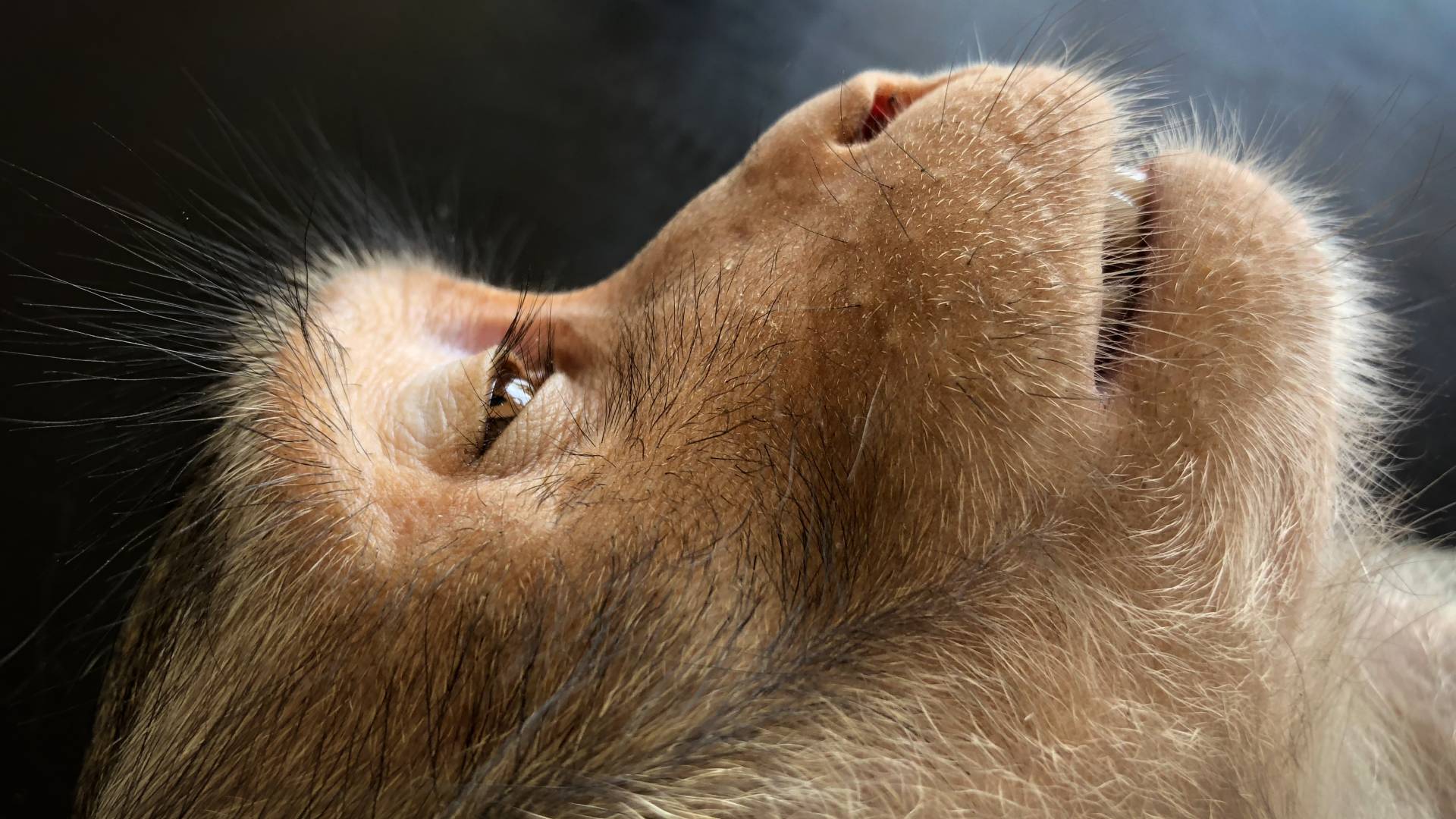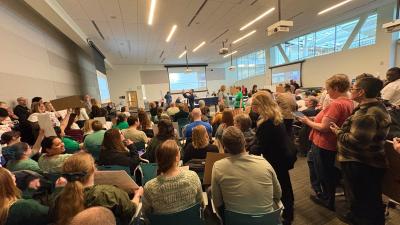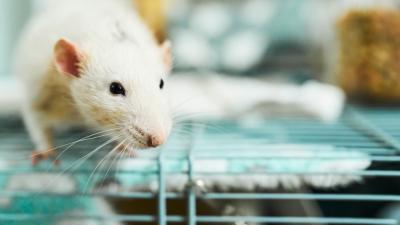Physicians Group Asks SEC to Investigate Elon Musk for Securities Fraud Stemming from False Statements About Neuralink Monkey Deaths
Public Records Show 12 Monkeys Died as a Direct Result of Neuralink Implants

WASHINGTON, D.C.—A national physicians group is asking the U.S. Securities and Exchange Commission to investigate Elon Musk for possible securities fraud after he made a false and misleading statement on X, formerly known as Twitter, related to the safety of the brain-computer interface in development at his company Neuralink. On Sept. 10, Musk claimed, “No monkey has died as a result of a Neuralink implant.” He added, “First our early implants, to minimize risk to healthy monkeys, we chose terminal mon[k]eys (close to death already).” Yet public records obtained by the Physicians Committee for Responsible Medicine through a lawsuit reveal that, while three monkeys were used by Neuralink in terminal experiments in which they did not recover from surgery, 12 previously healthy animals were euthanized by Neuralink as a direct result of problems with the company’s implant. Because the invasiveness of Neuralink’s device poses serious health risks to patients, Musk is misleading investors about the safety and marketability of the company’s device, according to the Physicians Committee.
If the SEC takes action, it would not be the first time it has penalized Musk for misleading investors. In 2018, it charged Musk for a series of false and misleading tweets about a potential transaction to take the company Tesla private. At the time, then co-director of the agency’s Enforcement Division stated, “Taking care to provide truthful and accurate information is among a CEO’s most critical obligations.”
Yet Musk’s recent post on X was demonstrably untrue. Public records from the University of California, Davis, where Neuralink conducted monkey experiments between 2017 and 2020, reveal that implantation of the company’s device caused debilitating health effects in monkeys, resulting in euthanasia. Animals experienced chronic infections, paralysis, swelling in the brain, loss of coordination and balance, and depression.
Monkey health records show that there is no evidence that the 12 animals were “close to death,” as Musk stated. Rhesus macaques often live to about 25 years in captivity, with some living to 40. But the average age of the 12 monkeys killed by Neuralink was 7.25 years.
The SEC complaint details the stories of four monkeys, including “Animal 11,” a female rhesus macaque. In December 2018, Neuralink employees drilled two dime-sized holes in her skull, implanted electrodes in her brain, and attached two titanium plates to her skull using bone screws. Almost immediately, UC Davis staff noted that the implants were infected and the “skin was eroded.” Staff wrote that the “skin appears pierced from implant,” and Animal 11 was suffering from a Staphylococcus infection that would remain a problem for three months. They eventually euthanized her due to her ongoing health problems stemming from the implant.
“It seems obvious to everyone but Elon Musk that Neuralink’s device is unsafe and dangerous,” says Ryan Merkley, director of Research Advocacy with the Physicians Committee. “Now he is deliberately misleading investors and the public by outright lying about the company’s monkey experiments.”
The Physicians Committee points to concerns raised by medical experts about the health risks of highly invasive devices like Neuralink’s and their significant potential for severe medical complications in patients. The group has urged Neuralink to halt its animal experiments, which it continues to conduct at facilities in California and Texas, and to instead focus on improving noninvasive brain-computer interfaces.
While the U.S. Food and Drug Administration reportedly approved Neuralink in May 2023 to begin very limited human clinical trials, a significant number of medical devices that begin clinical trials never reach the market.
To speak with Mr. Merkley or to see a copy of the SEC complaint or the original documents from UC Davis, please contact Reina Pohl at 202-527-7326 or rpohl [at] pcrm.org (rpohl[at]pcrm[dot]org).
Media Contact
Reina Pohl, MPH
202-527-7326
rpohl[at]pcrm.org
Founded in 1985, the Physicians Committee for Responsible Medicine is a nonprofit organization that promotes preventive medicine, conducts clinical research, and encourages higher standards for ethics and effectiveness in education and research.








